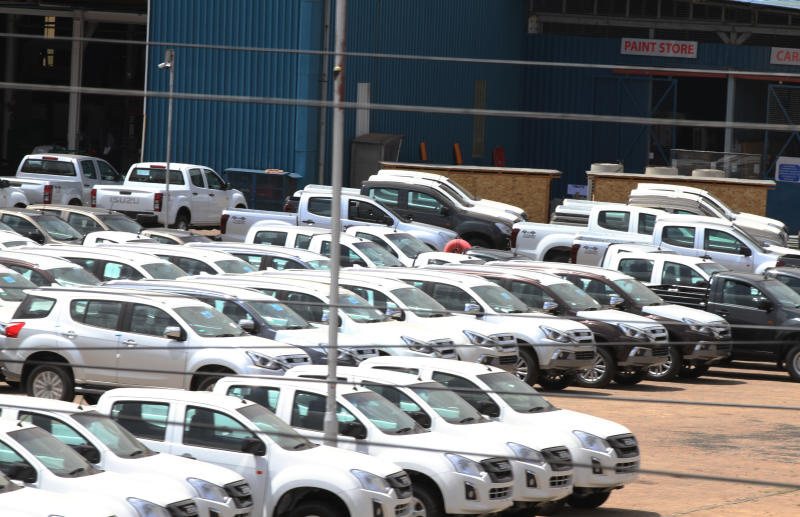×
The Standard e-Paper
Smart Minds Choose Us

Vehicles packed at the Isuzu/General Motors (GM) parking yard along Mombasa road, Nairobi on February 22, 2021 [Elvis Ogina, Standard]
Transport and logistics as an integral part of commerce has evolved significantly over the last 20 years and indeed dramatically over the last decade.